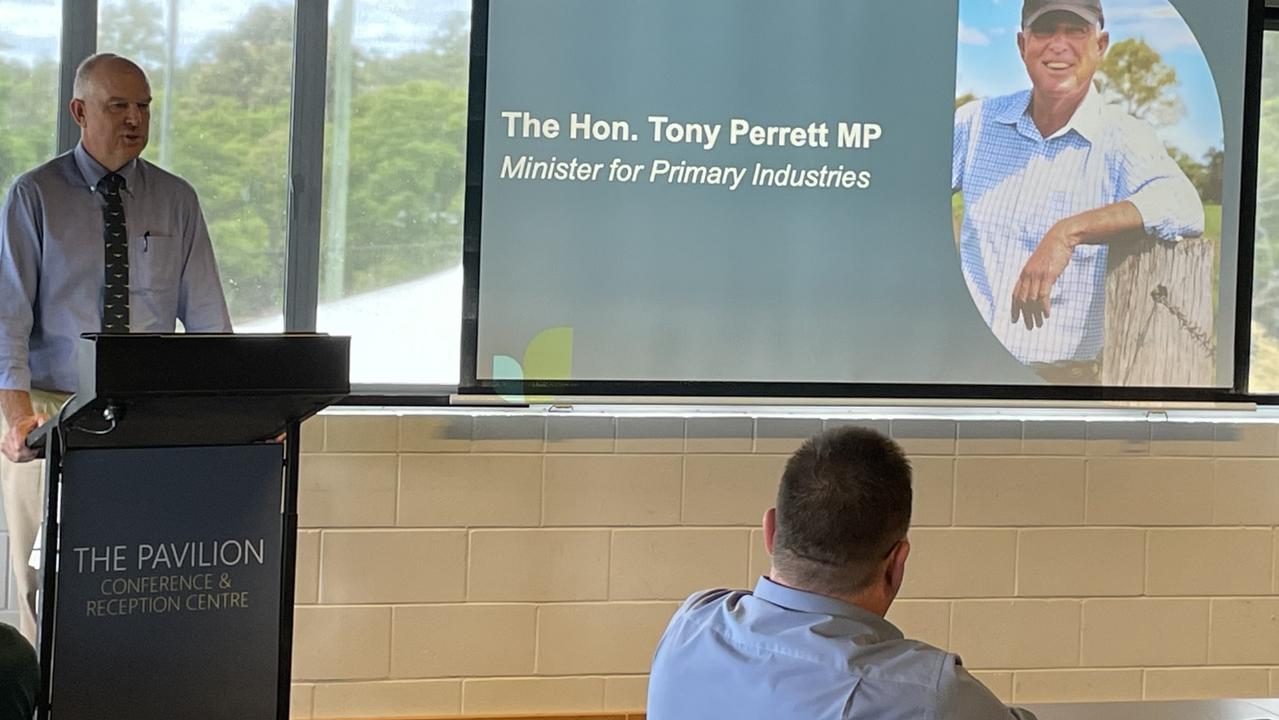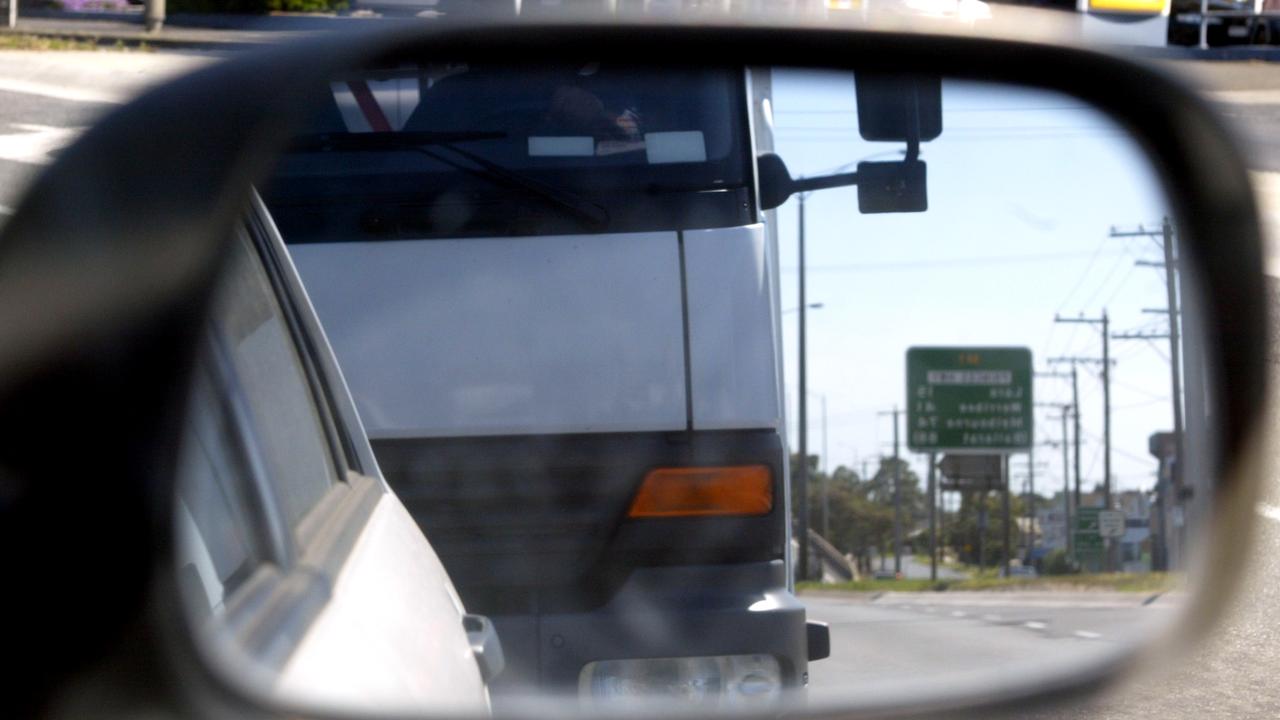Akaysha Energy’s 500MW renewable battery approved in South Burnett
Akaysha Energy has been given the go ahead to build a 500MW storage centre at Ellesmere, near Kumbia on 145ha of former cattle grazing country.
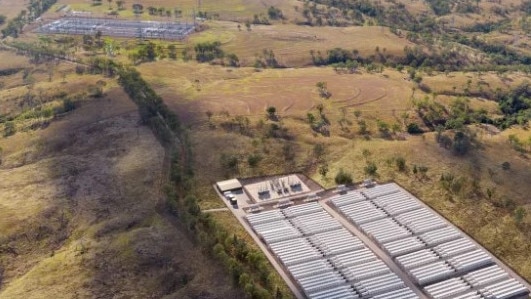
South Burnett
Don't miss out on the headlines from South Burnett. Followed categories will be added to My News.
Plans to build a battery storage facility in the South Burnett have been given the green light by the region’s council.
Developer Akaysha Energy has been approved to build a 500MW storage centre at Ellesmere, 30km south of Kingaroy and Nanango on 145ha at Oaky Creek Back Rd.
Only 6.6ha of the land, previously used for grazing, would be required to build the substation on.
The storage facility would feed directly into the nearby Halys Substation.
Kumbia is the nearest town about 12km away.
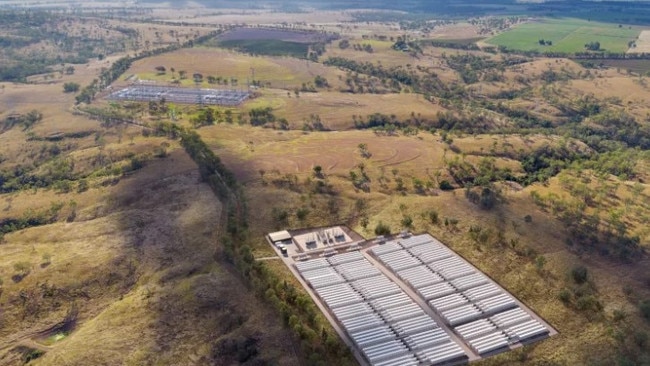
It is designed to support the “rapid expansion” of solar and wind projects in the South Burnett, the company’s website said.
Akaysha’s system will use Lithium Ion Phosphate cell technology, regarded as cheaper and safer than normal lithium-ion batteries.
The company hopes work will start on the project in 2025.
The report accompanying the application said up to 150 people were expected to be on site during construction of the facility.
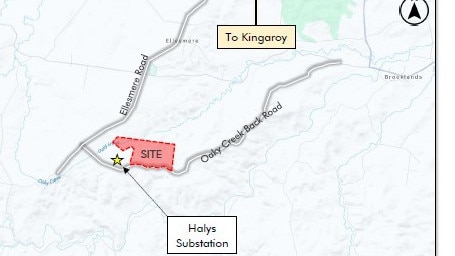
Once operational the ongoing workforce would likely be only one or two people.
Construction was expected to take two years.
The project adds to a growing list of renewable projects across the Wide Bay Burnett, a region which former Queensland
Premier Annastacia Palaszczuk promised in 2022 would become a storage and renewables hub.
Projects underway across the region include a $450 million battery storage facility at Lower Wonga and another smaller facility at Bargara near Bundaberg.
The rapid growth of renewables across the region has sparked backlash, with the South Burnett council proposing a moratorium on green energy projects in May 2024.
New South Burnett Mayor Kathy Duff told a federal parliamentary nuclear energy inquiry in Nanango in November her council was “very keen to look at all options, including nuclear”.
She said the council was “very concerned” about renewable projects which were being rapidly rolled out without consultation and dividing the community.
“People are concerned about renewables because of the lack of planning around them … they’re heavy industrial in the middle of prime agriculture in many cases,” she said.
Ms Duff said there was also major concern about the 1100 direct and indirect jobs that could be lost if the Tarong power station closed as planned in 2030.




